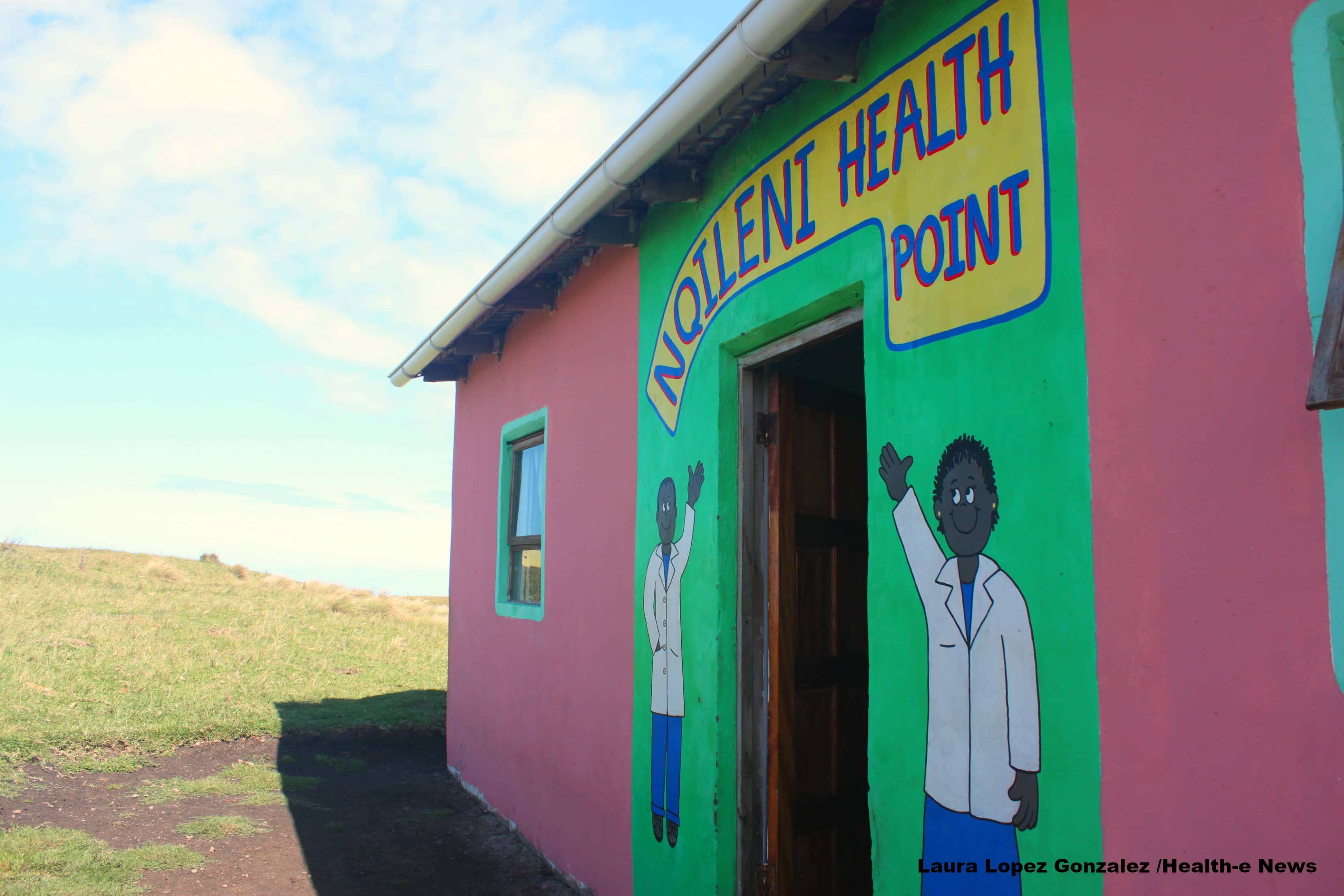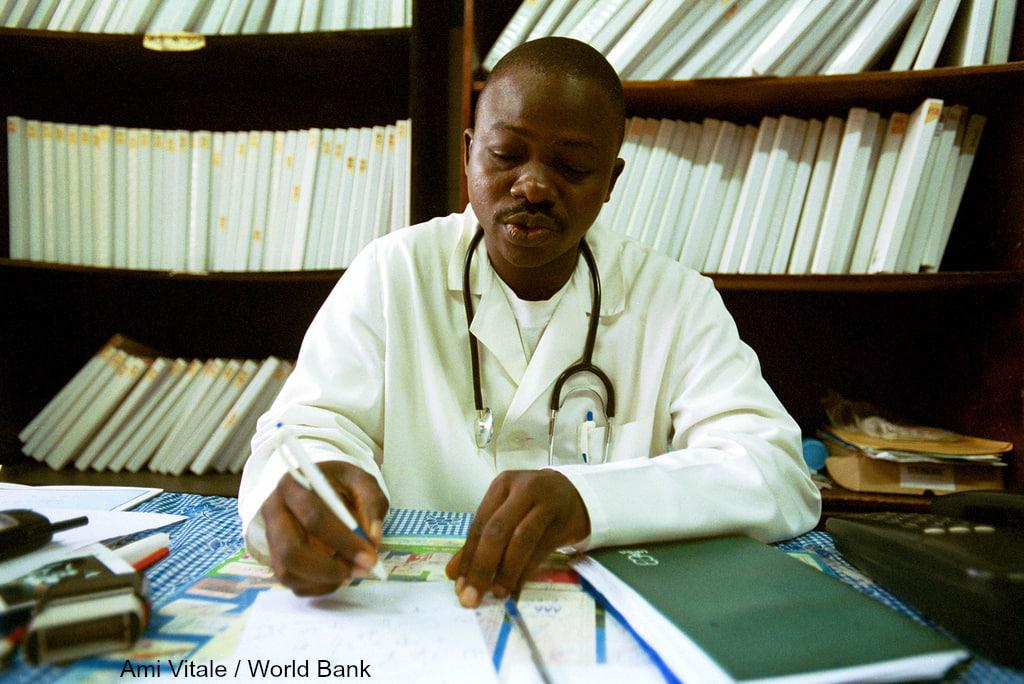Heroin trade prospers in plain sight

This is according to a report published on Thursday (11 April) by the Institute for Security Studies (ISS) titled Hiding in plain sight: Heroin’s stealthy takeover of South Africa.
In just 20 years, Africa is expected to be home to 20 million users of hard drugs, according to the report. Moreover, if South Africa’s growing heroin epidemic continues to be ignored, the country will be accountable for a significant proportion of total users on the continent.
“It’s a potential crisis, but there is insufficient policy attention being paid to it,” said ISS researcher Eric Pelser.
The research noted the absence of public health programmes for people who use drugs and the failure of government to implement its own harm reduction commitments.
People who use drugs
The criminalisation of people who use drugs results limits their access to social and health services. Users then become socially marginalised and forced to live on the streets where the threat of brutality and extortion by the police is ever-present, according to the report.
For example, junior police officers in Tshwane have been reported to confiscate drugs from users and then sell them back to dealers.
“South Africa’s heroin crisis is extremely serious and is taking a heavy toll on communities,” said Simone Haysom, from the Global Initiative Against Transnational Organized Crime, an organisation affiliated with the project responsible for this report.
Yet Tshwane is the one and only place in South Africa with both an opiate substitution therapy and a needle exchange programme exist. These two harm reduction strategies are supported by extensive evidence and are international best-practice when it comes to drug policy.
Needle exchange programmes protect users and their partners from diseases including HIV through the regular provision of clean needles. Opiate substitution therapy is where less harmful opiates are given to users in the form of registered medicines like methadone, as a replacement for the adulterated and unregulated heroin bought on the black market.
Human rights approach
The report urges government to refocus its strategy on illicit drugs which, it noted, is currently not based on evidence.
To really help people, to improve health and to realise basic human rights, the government needs to shift its focus, according to Shaun Shelley, founder of SA Drug Policy Week.
He said that priority should be placed on public health initiatives like those in Tshwane and investigate the causes in communities that make people vulnerable to drug use.
“Heroin use is increasing and we are not prepared for it,” said Shelly. – Health-e News
Author
Republish this article
This work is licensed under a Creative Commons Attribution-NoDerivatives 4.0 International License.
Unless otherwise noted, you can republish our articles for free under a Creative Commons license. Here’s what you need to know:
You have to credit Health-e News. In the byline, we prefer “Author Name, Publication.” At the top of the text of your story, include a line that reads: “This story was originally published by Health-e News.” You must link the word “Health-e News” to the original URL of the story.
You must include all of the links from our story, including our newsletter sign up link.
If you use canonical metadata, please use the Health-e News URL. For more information about canonical metadata, click here.
You can’t edit our material, except to reflect relative changes in time, location and editorial style. (For example, “yesterday” can be changed to “last week”)
You have no rights to sell, license, syndicate, or otherwise represent yourself as the authorized owner of our material to any third parties. This means that you cannot actively publish or submit our work for syndication to third party platforms or apps like Apple News or Google News. Health-e News understands that publishers cannot fully control when certain third parties automatically summarise or crawl content from publishers’ own sites.
You can’t republish our material wholesale, or automatically; you need to select stories to be republished individually.
If you share republished stories on social media, we’d appreciate being tagged in your posts. You can find us on Twitter @HealthENews, Instagram @healthenews, and Facebook Health-e News Service.
You can grab HTML code for our stories easily. Click on the Creative Commons logo on our stories. You’ll find it with the other share buttons.
If you have any other questions, contact info@health-e.org.za.
Heroin trade prospers in plain sight
by Amy Green, Health-e News
April 12, 2019



